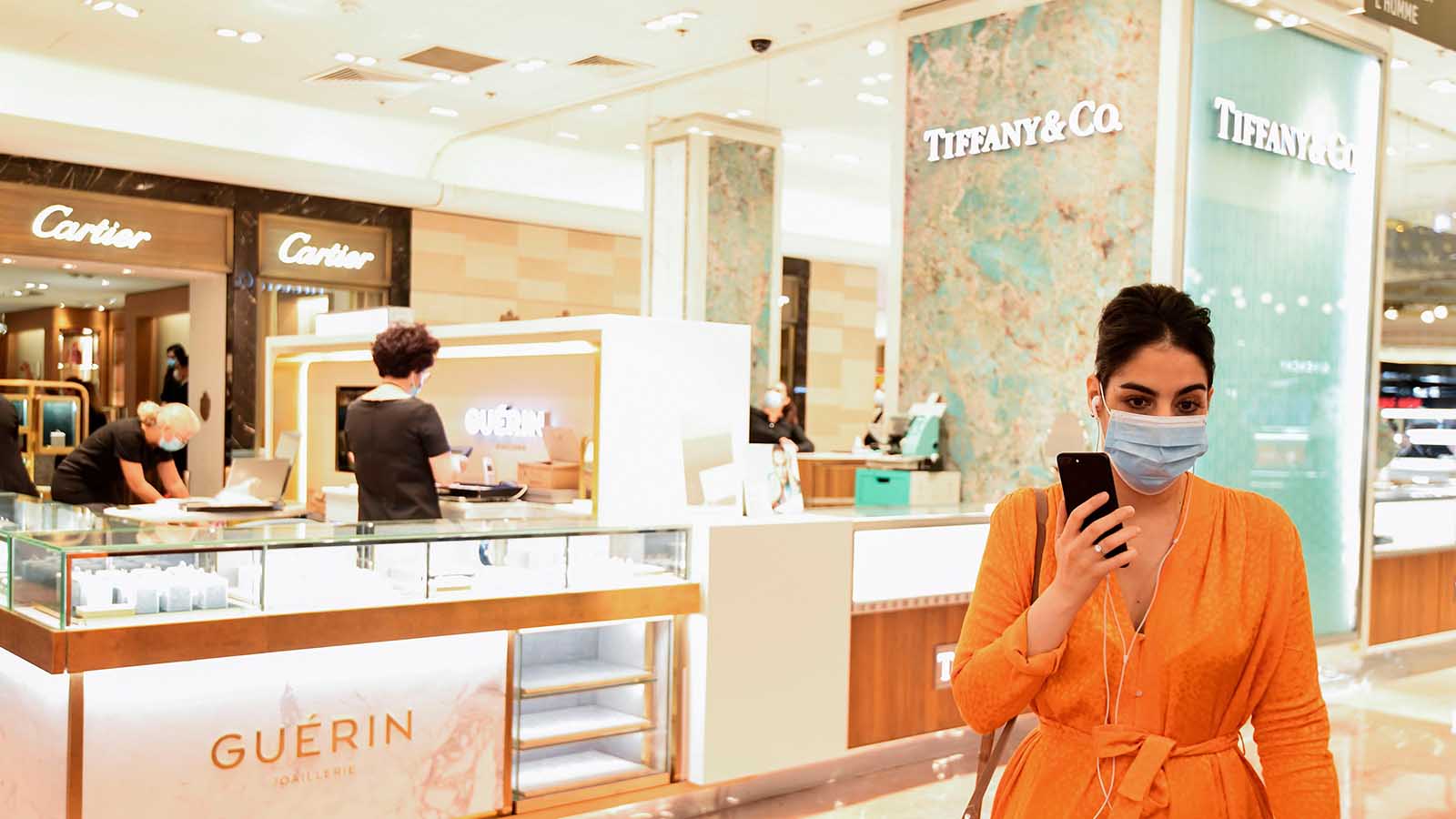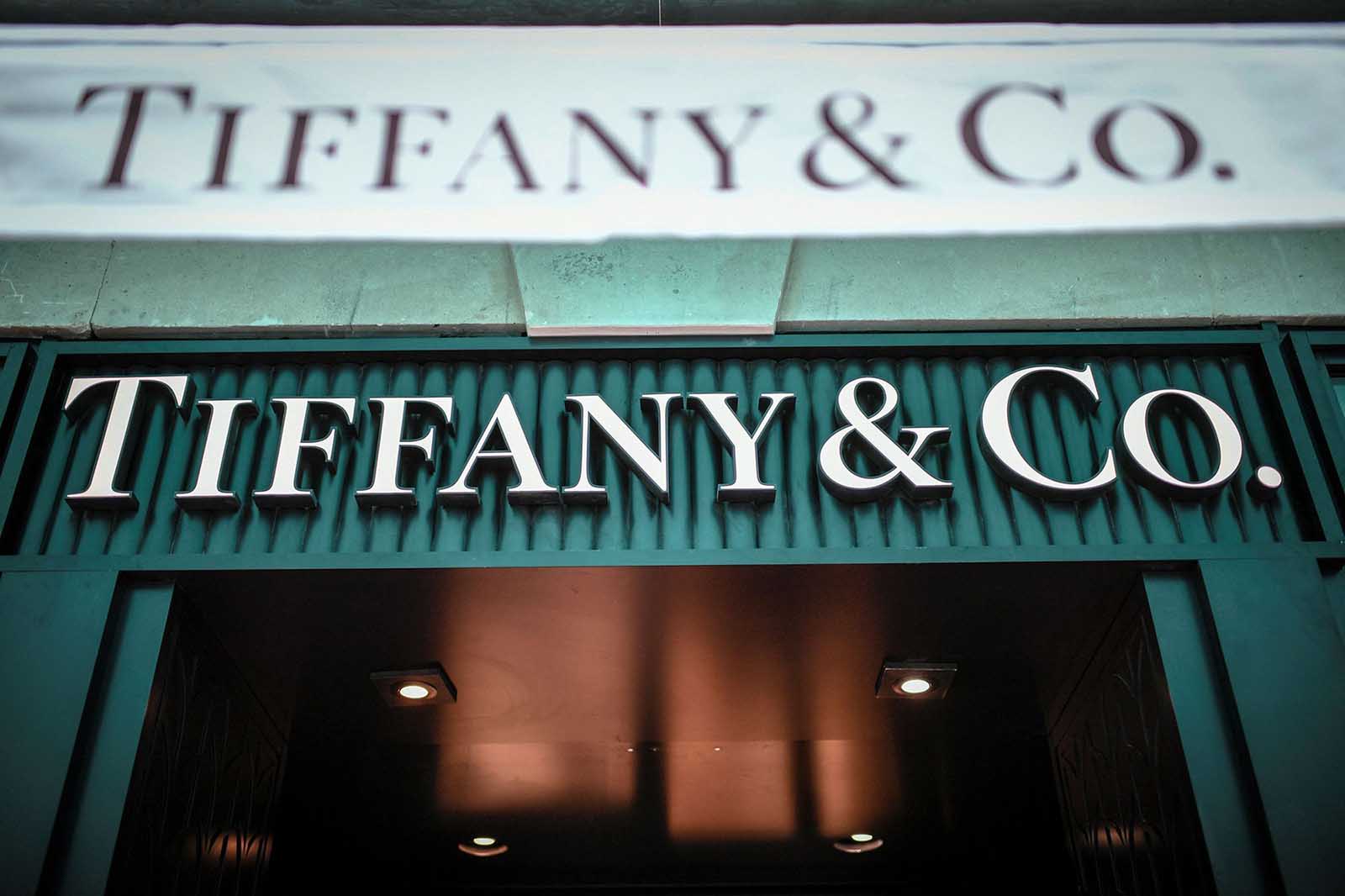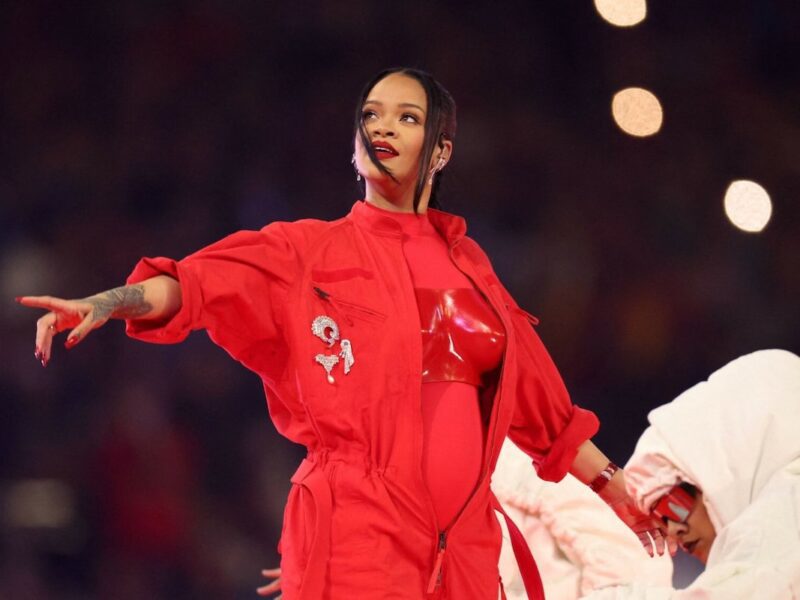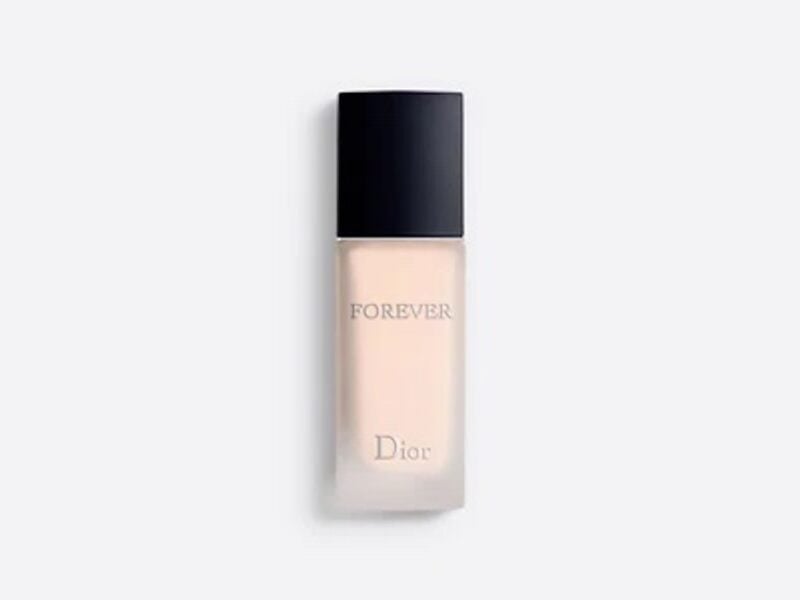
Is LVMH brands acquiring Tiffany? Delve into the longstanding dispute
Tiffany & Co. has a brand new owner. French-based fashion company LVMH is adding Tiffany to its brands after the latter’s shareholders approved the deal. LVMH initiated the deal last year, but disputes between the two companies caused a delay in moving forward with the merger.
With LVMH & Tiffany’s $15.8 billion deal, LVMH continues to establish its dominance as a fashion brand. The owner of fashion labels Dior, Louis Vutton, Fenty, and Marc Jacobs, among others, LVMH dominates the fashion world. The company remains profitable as well, with CEO Bernard Arnault being the fourth richest man in the world.
However, the deal comes after a year of lawsuits & disputes as COVID-19 threw a wrench into everyone’s plans.

Looking for a buyout
Tiffany & Co. has been struggling for a few years thanks to decreasing sales. In 2019, the luxury jewelry brand tried to find a buyer to keep themselves afloat. Finally, in November 2019, LVMH put an offer out to bring Tiffany & Co. into the LVMH brands family.
At the time of the announcement, Tiffany CEO Alessandro Bogliolo felt the deal would be the right step to get Tiffany back in the black. “As part of the LVMH group, Tiffany will reach new heights, capitalizing on its remarkable internal expertise, unparalleled craftsmanship and strong cultural values.”
Initially, LVMH offered to buy Tiffany & Co. for $16.2 billion. Aiming to buy each share for $135 dollars, the deal seemed like a good fit for both companies. Tiffany & Co. would be able to get the resources they need to climb back up to the top, and LVMH added Tiffany & Co. to their long list of luxurious brands.

Trouble in paradise
2020 rolls around – brings a worldwide pandemic with it. Not only was Tiffany & Co. suffering because of the pandemic, but LVMH as well. Both companies saw a significant drop in revenue thanks to the pandemic. 2020 also brought more strict tariffs in the U.S., which made exporting goods through Tiffany & Co. harder.
The perfect storm caused LVMH brands to pull out of their end of the deal in September 2020. But Tiffany & Co. had their hearts set on joining the LVMH brand family, and sued for breach of contract. Arguing they procrastinated filing with the proper international antitrust organizations, Tiffany claimed LVMH had an obligation to follow through with the deal.
Had the two not come to a reconciliation, this deal would’ve been the second-most expensive deal failure in 2020. Thankfully, we now know the story has a happy ending to it.

In holy matrimony
After a year of disputes, everything came to fruition right at the end of 2020. Tiffany & Co.’s shareholders finally approved the offer from LVMH & their brands on December 31st. By early 2021, both companies are eying the merger to be complete.
The final offer is worth $15.8 billion, $425 million less than the initial offer in November 2019. During their dispute in September 2019, LVMH claimed French government intervention prevented them from completing the acquisition until after January 6th, so it’s unknown if this is still a factor.
Since their September 2019 incident, Tiffany & Co. saw a jump in sales thanks to the holiday demand in the U.S. & China. Experts believe Tiffany & Co. will continue to see a growth in sales thanks to the deal.

The future of LVMH and Tiffany & Co.
LVMH already was the biggest name when it comes to luxurious fashion brands. Adding Tiffany & Co. under the umbrella is just more money in the bank for LVMH. To them, this is just like any other brand.
However, being bought out by LVMH brands could be the liferaft that keeps Tiffany & Co. from drowning. After some poor rebranding choices turning away the older market, Tiffany & Co. saw decreasing sales for years. The company lost its popularity, and needed saving if it wanted to keep its century-old brand alive.
While we cannot predict the future, experts think this deal will be the saving grace Tiffany & Co. needs. The resources LVMH can provide Tiffany & Co. to rebrand and find new customers will be the key to reviving the brand.







